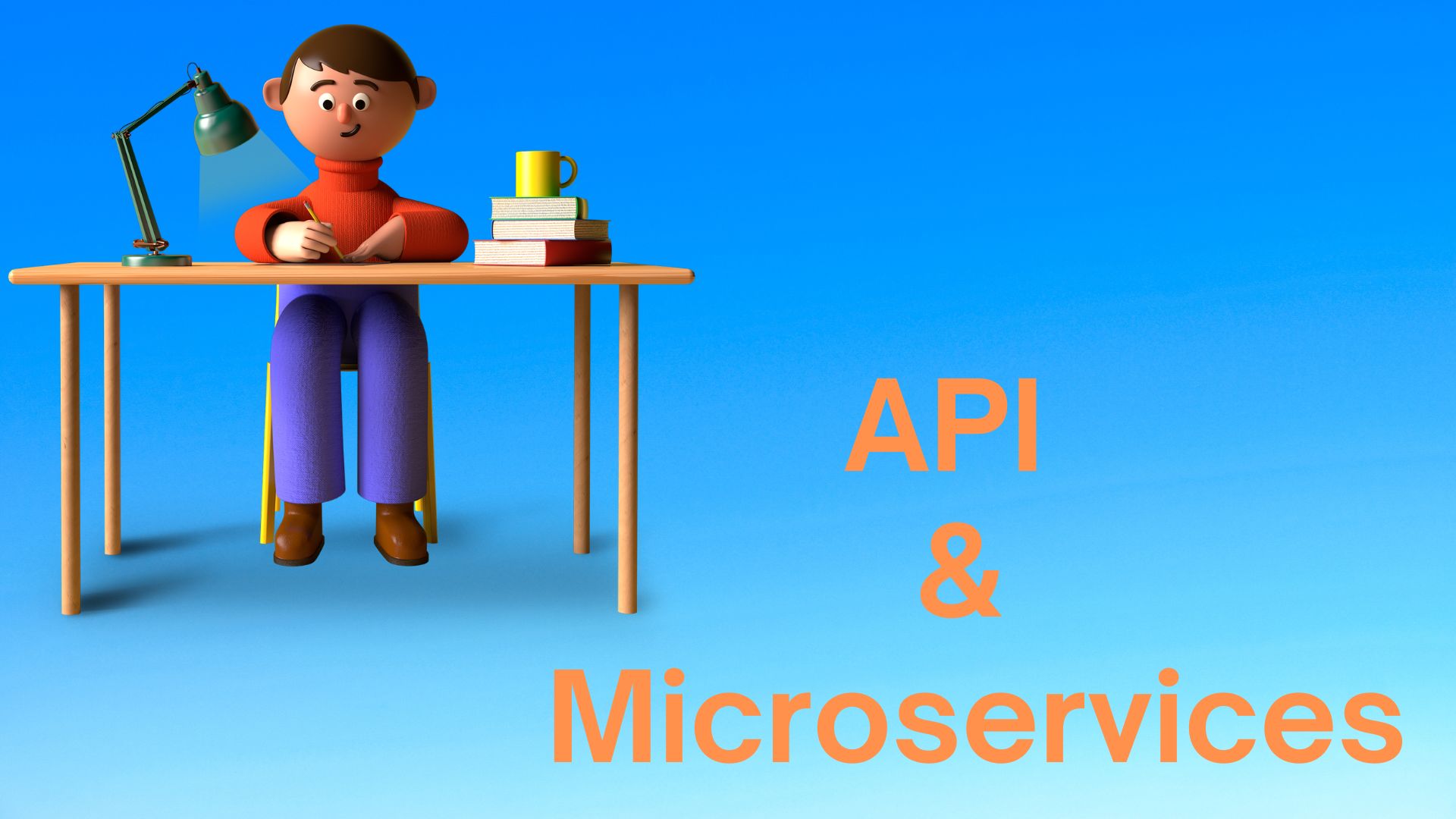API and Microservices
Home » Course » API and Microservices

Course Highlights
» Free Demo Class
» Real Time Experienced Trainers
» Affordable Cost
» Customize Course Curriculum
» Interview Preparaion Tips
» Complete Hands-on Real Time Training
Home » Course » API and Microservices

» Free Demo Class
» Real Time Experienced Trainers
» Affordable Cost
» Customize Course Curriculum
» Interview Preparaion Tips
» Complete Hands-on Real Time Training
API (Application Programming Interface) and microservices are two related concepts in software development that are often used together to build scalable and modular systems. Here's a short description of each:
API (Application Programming Interface): An API is a set of rules and protocols that allows different software applications to communicate and interact with each other. It defines the methods, data formats, and rules for accessing and manipulating the functionalities of a software system. APIs enable software components to interact in a standardized and controlled manner, promoting interoperability and integration between systems. APIs can be used for various purposes, such as retrieving data from a server, submitting data, or invoking specific operations.
Microservices: Microservices is an architectural style where an application is broken down into small, independent, and loosely coupled services. Each service is responsible for a specific business capability or functionality and can be developed, deployed, and scaled independently. Microservices promote modularity, flexibility, and scalability in software development. Each microservice typically exposes its own API, allowing other services or external systems to interact with it. These services can be developed using different technologies and can communicate with each other via APIs.
In practice, microservices often utilize APIs for communication and integration between services. Each microservice exposes its API, which defines the operations and data it provides or consumes. Other microservices or client applications can then use these APIs to access the functionalities of specific microservices. APIs provide the interface and contract through which microservices interact with each other, allowing for flexibility, decoupling, and scalability in the overall system architecture.
Together, APIs and microservices enable the development of complex, distributed systems composed of smaller, autonomous components that can be independently developed, deployed, and scaled. This architectural approach helps organizations build agile and scalable software solutions that can evolve and adapt to changing business requirements.
What is the best course for microservices?
There are several courses available that can help you learn about microservices and gain the necessary skills to implement them effectively. The best course for you would depend on your existing knowledge and experience level. Here are some highly regarded courses that cover microservices:
"Microservices with Node.js and React" by Stephen Grider on BESTWAY Technologies: This course focuses on building microservices using Node.js and React, two popular technologies in the web development ecosystem. It covers topics such as service communication, data management, and deployment strategies.
"Microservices with Spring Cloud" by Baeldung on BESTWAY Technologies: This course explores microservices using the Spring Cloud framework, a widely adopted framework for building Java-based microservices. It covers topics such as service discovery, load balancing, fault tolerance, and distributed tracing.
"Building Scalable Java Microservices with Spring Boot and Spring Cloud" on BESTWAY Technologies: This course provides a comprehensive introduction to building microservices with Java, using Spring Boot and Spring Cloud. It covers topics such as service registration, configuration management, circuit breakers, and API gateways.
"Microservices Architecture" on BESTWAY Technologies: This course, offered by the University of Alberta, provides an overview of microservices architecture. It covers concepts, principles, and patterns related to microservices, including service decomposition, data management, and deployment strategies.
"Microservices Fundamentals" on BESTWAY Technologies: This course, offered by Microsoft, provides a solid foundation in microservices architecture. It covers topics such as service isolation, data management, security, and deployment options.
Before choosing a course, consider your familiarity with the programming languages and technologies used, your preferred learning style (video lectures, hands-on exercises, etc.), and the specific aspects of microservices you want to focus on (architecture, implementation, deployment, etc.).
Module 1: Introduction to APIs and Microservices
Module 2: API Design and Development
Module 3: Microservices Architecture
Module 4: Building Microservices
Module 5: Testing and Debugging Microservices
Module 6: Deployment and Operations
Module 7: API and Microservices Security
Module 8: API Governance and Lifecycle Management
Yes we will schedule a demo class as per the student convenient time by sharing live online streaming access either through Gotomeeting or Webex..
If you are enrolled in classes and you have paid fees, but want to cancel the registration for certain reason, it can be done within 48 hours of initial registration. Please make a note that refunds will be processed within 25 days of prior request.
API and Microservices Rated 5.0 based on 1 reviews.
By: Ravindra, Rating:
I'm extremely satisfied with the API and Microservices Online Training at BESTWAY Technologies. The trainers are outstanding educators, and the course content is comprehensive. The hands-on labs are key to mastering API and Microservices. I recommend this training to anyone serious about API and Microservices.